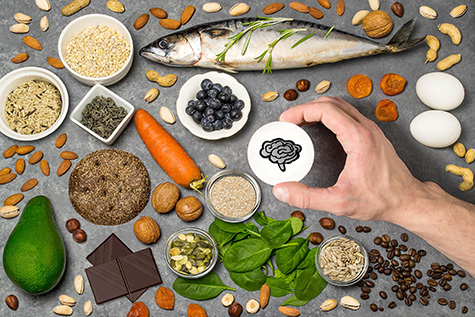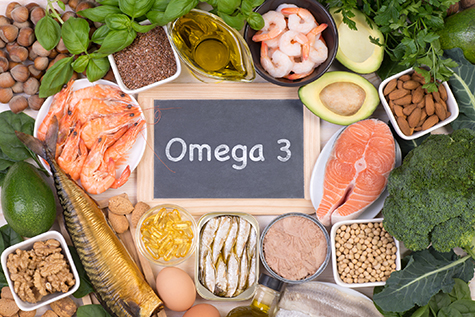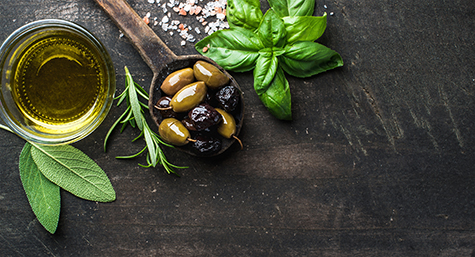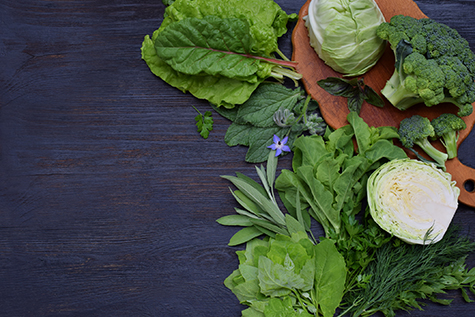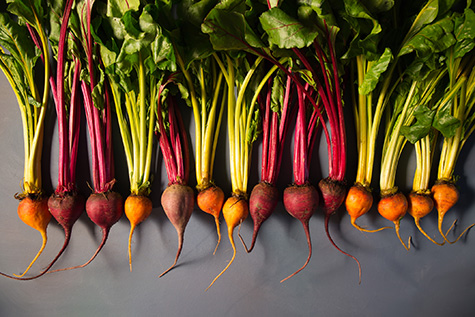How To Feed Your Brain Every Day

Our diet has a huge effect on our brain and our mental wellbeing, even protecting against dementia. So, what should be on the menu? Like our bodies, our brains have very specific food requirements. And in this eye-opening book from an author who is both a neuroscientist and a certified integrative nutritionist, we learn what should be on our menu.
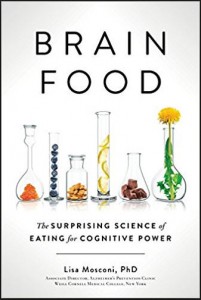 Dr. Lisa Mosconi, whose research spans an extraordinary range of specialties including brain science, the microbiome, and nutritional genomics, notes in her new book, Brain Food, that the dietary needs of the brain are substantially different from those of the other organs, yet few of us have any idea what they might be. Her innovative approach to cognitive health incorporates concepts that most doctors have yet to learn. Busting through advice based on pseudoscience, Dr. Mosconi provides recommendations for a complete food plan, while calling out noteworthy surprises, including why that paleo diet you are following may not be ideal, why avoiding gluten may be a terrible mistake, and how simply getting enough water can dramatically improve alertness.
Dr. Lisa Mosconi, whose research spans an extraordinary range of specialties including brain science, the microbiome, and nutritional genomics, notes in her new book, Brain Food, that the dietary needs of the brain are substantially different from those of the other organs, yet few of us have any idea what they might be. Her innovative approach to cognitive health incorporates concepts that most doctors have yet to learn. Busting through advice based on pseudoscience, Dr. Mosconi provides recommendations for a complete food plan, while calling out noteworthy surprises, including why that paleo diet you are following may not be ideal, why avoiding gluten may be a terrible mistake, and how simply getting enough water can dramatically improve alertness.
Day after day, the foods we eat are broken down into nutrients, taken into the bloodstream and carried up into the brain. Once there, they replenish depleted storage, activate cellular reactions and become the very fabric of our brains.
The brain is the hungriest organ in the body, consuming more than 20 percent of your body’s total energy haul. At the same time, our brain cells are irreplaceable. Unlike the rest of the body, where cells are continuously replaced, the vast majority of brain cells stay with us for our entire lives – which means they are in need of extra care and nourishment.
What type of menu is needed to optimize our brains on a daily basis? It means lots of the following:
- Fatty Acids— A specific kind of fats called polyunsaturated long-chain fatty acids, such as the famous omega-3s. Fatty fish, such as salmon, mackerel, anchovies and sardines, is the best natural source of the only kind of fat the brain needs throughout a lifetime.
- Glucose— A specific kind of carbohydrate called glucose. Glucose is the only energy source for the brain, so it’s crucial that the brain gets enough of it. Foods that are naturally rich in glucose and that at the same time contain enough fiber to stabilize your blood-sugar levels are beetroot, kiwi fruit, whole grains, sweet potatoes, onions and spring onions.
- Vitamins and minerals— All sorts of vitamins and minerals, especially those with antioxidant effects such as vitamin A, vitamin C, vitamin E and selenium – but also iron, copper and zinc. Fruit and vegetables are the best natural source of these: go for berries, oranges, grapefruit and apples, which are sweet but have a low glycemic index. Leafy green or cruciferous vegetables (broccoli, cabbage, spinach, kale, dandelion greens) are also recommended.
- Extra virgin olive oil— Last but not least, extra-virgin olive oil is a brain-must, as it is loaded with anti-aging nutrients such as omega-3s and vitamin E. Vitamin E is particularly important to protect ourselves against dementia.
Including comprehensive lists of what to eat and what to avoid, a detailed quiz that will tell you where you are on the brain health spectrum, and 24 mouth-watering brain-boosting recipes that grow out of Dr. Mosconi’s own childhood in Italy, Brain Food gives us the ultimate plan for a healthy brain. Brain Food will appeal to anyone looking to improve memory, prevent cognitive decline, eliminate brain fog, lift depression, or just sharpen their edge.
The human brain has evolved over millions of years to absorb specific nutrients and to function on a relatively specific diet. Now our society must also evolve, to attend to what our brains need to be fed. On a personal level, that’s for anyone pursuing a long life and a youthful brain to enjoy it. On a global level, that is millions of people who will have a chance to age gracefully with their mental capacities intact.
